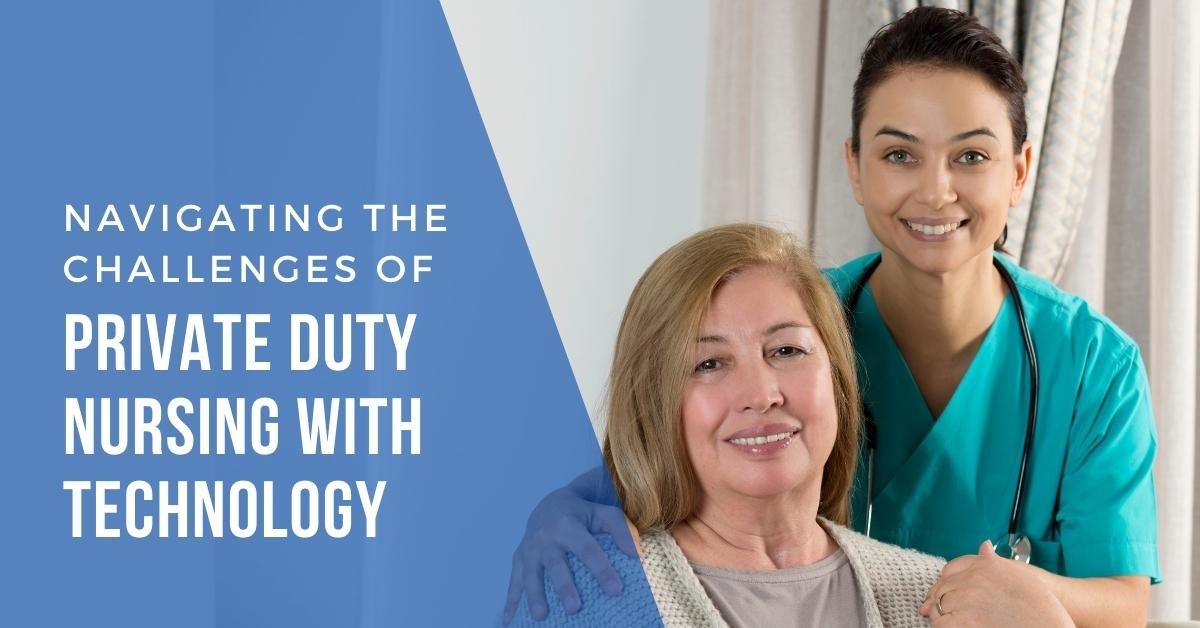With CareVoyant Software’s built-in route optimization engine, CV miles, and an effective scheduling dashboard, you no longer have to waste time manually creating daily patient visit schedules. The software can reduce the time spent in operational planning and help you focus on patient and caregiver satisfaction.
A software platform designed to handle both home health care and outpatient services will provide a unique advantage to agencies.














